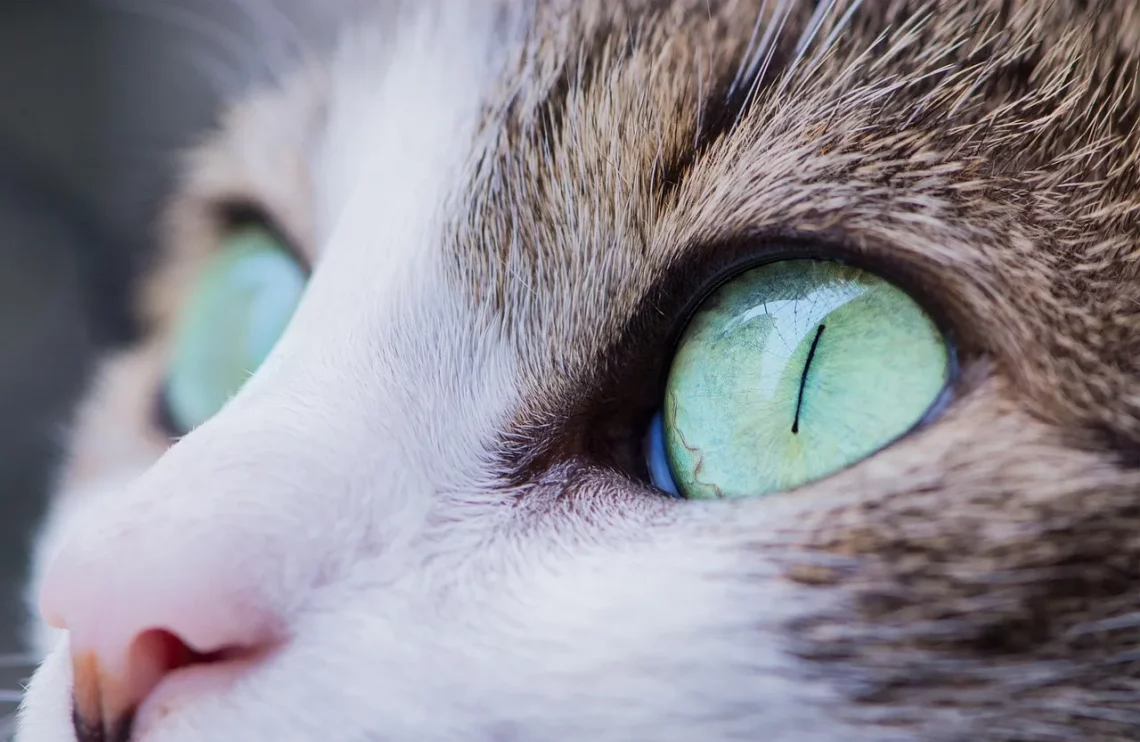
Newborn Kittens vs Newborn Puppies: A Comprehensive Comparison
Newborns, whether they are kittens or puppies, capture the hearts of many with their adorable features and playful antics. The arrival of these tiny creatures brings joy and excitement to homes, as well as a few challenges. Both kittens and puppies require special care in their early days, but they exhibit distinct characteristics that set them apart.
As newborns, these animals are entirely dependent on their mothers for nourishment, warmth, and protection. Their initial weeks are crucial for their development, and how they adapt to their environment can significantly influence their behavior and health later in life. Understanding the differences and similarities between these two beloved species can help prospective pet owners make informed decisions about which pet might be the best fit for their lifestyle.
Whether you’re a cat lover or a dog enthusiast, knowing what to expect from newborn kittens and puppies can enhance your experience and prepare you for the responsibilities of pet ownership. From their developmental stages to their socialization needs, each species presents unique traits that cater to different types of families and individuals.
Developmental Stages: Kittens vs. Puppies
When it comes to the developmental stages of kittens and puppies, there are notable differences as well as similarities. Both species are born blind and deaf, relying entirely on their sense of touch and smell to navigate their early world. However, the timeline of their development varies.
Kittens typically open their eyes around seven to ten days after birth, while puppies may take a bit longer, usually between ten to fourteen days. This early stage is critical, as the sensory experiences they encounter will lay the foundation for their future behavior. As they grow, both kittens and puppies will begin to explore their surroundings, but their methods and timelines differ.
Kittens tend to become more mobile faster than puppies. By three weeks, kittens are usually walking and playing, while puppies may take a few more weeks to gain confidence in their movements. This early mobility is crucial for kittens, as it helps them develop the agility and reflexes needed for their predatory instincts.
In contrast, puppies are often more social in their early weeks. They start to engage with their littermates, learning vital social skills that will shape their interactions with other dogs and humans. This playtime is essential for their emotional development, as they learn boundaries and how to communicate effectively with their peers.
Furthermore, the weaning process occurs at different rates. Kittens usually begin to eat solid food around four weeks, while puppies may take a bit longer, typically around six to eight weeks. This difference in weaning times can influence the type of care they require from their owners, especially in terms of diet and nutrition.
Overall, understanding these developmental stages can help pet owners provide the appropriate care and environment for their new furry friends, ensuring they grow up healthy and well-adjusted.
Temperament and Behavior: Understanding the Differences
The temperament of newborn kittens and puppies can vary significantly, influenced by both genetics and early socialization experiences. While both species are known for their playful nature, the ways they express affection and interact with humans can differ.
Kittens are often seen as more independent from a young age. Their curious nature drives them to explore their surroundings, sometimes leading to mischievous behavior. Kittens may enjoy solitary play, pouncing on toys or even their owners’ fingers, which reflects their instinctual hunting behavior. This independence also means they might be more comfortable entertaining themselves, which can be beneficial for busy households.
On the other hand, puppies are generally more eager to please and form stronger attachments to their caregivers early on. Their sociable nature makes them inherently more reliant on human interaction. Puppies thrive on attention and affection, which can manifest in their playful antics. They are often more vocal than kittens, expressing their needs through barking or whining, making it easier for owners to understand their desires.
Socialization is crucial for both species but is approached differently. Kittens benefit from gentle handling and exposure to various environments and people early in life to prevent shyness or aggression as they grow. On the contrary, puppies require structured socialization experiences, such as puppy classes, to learn acceptable behaviors and develop confidence in new situations.
Additionally, both species will exhibit different playful behaviors. Kittens often engage in stalking and pouncing, honing their skills for hunting, whereas puppies typically enjoy chasing and wrestling with their littermates. Understanding these behavioral traits is essential for pet owners, as it allows them to create environments that nurture their pets’ natural instincts while promoting positive behaviors.
Health Care Needs: Essential Considerations
When it comes to health care, newborn kittens and puppies share some common requirements, but there are distinct differences that pet owners should be aware of. From vaccinations to dietary needs and common health issues, understanding these factors is crucial for ensuring a healthy start for your new pet.
Both kittens and puppies require vaccinations to protect them from various diseases. The vaccination schedules vary slightly; however, both species will typically receive their first shots around six to eight weeks of age. It is essential for pet owners to follow up with a veterinarian to ensure that their pets receive all necessary vaccinations and boosters according to their specific needs.
Diet is another critical aspect of health care. Kittens require a high-protein diet that supports their rapid growth and development. Specialized kitten food is formulated to meet these needs, providing the necessary nutrients for their health. Puppies also need a diet rich in protein and fat, but the formulation may differ based on their breed, size, and growth rate.
The weaning process is significant for both types of pets, as it lays the groundwork for their dietary habits. Gradually introducing solid food is essential, and pet owners should consult with their veterinarians to determine the best approach for transitioning from mother’s milk to solid food.
In addition to nutritional needs, both kittens and puppies are prone to specific health issues. Kittens may face challenges such as respiratory infections or parasites, while puppies may be more susceptible to conditions like parvovirus or kennel cough. Regular veterinary check-ups can help identify and address these issues early on, ensuring a strong start to their lives.
Moreover, early socialization plays a crucial role in health. Animals that are well-socialized tend to exhibit fewer behavioral problems and adapt better to new environments. Owners should introduce their pets to various experiences, people, and other animals to foster confidence and reduce anxiety as they grow.
Choosing the Right Companion: Kittens or Puppies?
Deciding between a kitten or a puppy can be a challenging choice, as both offer unique advantages and can bring immense joy to a household. Factors such as lifestyle, living situation, and personal preference play significant roles in making this decision.
One of the first considerations is the time commitment required for each type of pet. Puppies typically need more attention, training, and socialization, especially in their early months. They require regular potty breaks, structured playtime, and ongoing training to develop good behavior. This can be time-consuming, but for those who enjoy active engagement with their pet, it can be a rewarding experience.
Kittens, while still requiring care and attention, may be more suitable for individuals or families with a busier lifestyle. Their independent nature allows them to entertain themselves, making them a bit more self-sufficient. However, they still need love, playtime, and social interaction to develop healthy behaviors.
Another factor to consider is the space available in your home. Puppies, especially larger breeds, may need more room to roam and play. They also require a secure area to prevent them from getting into trouble as they explore their surroundings. Kittens can adapt more easily to smaller spaces, provided they have vertical climbing options and stimulating toys.
Ultimately, the choice between a kitten and a puppy comes down to personal preference and lifestyle compatibility. Both animals can be loving companions, offering unique experiences and joy to their owners. Whether you choose the playful antics of a puppy or the independent charm of a kitten, you are sure to find a lifelong friend in your new furry addition.
In conclusion, understanding the differences and similarities between newborn kittens and puppies can help potential pet owners make informed decisions and ensure a fulfilling companionship. Each species has its unique traits, care requirements, and health considerations that should be taken into account for a happy and healthy life together.
*Disclaimer: This article is not intended as medical advice. For any health concerns or medical issues regarding your pet, please consult a veterinarian.*




